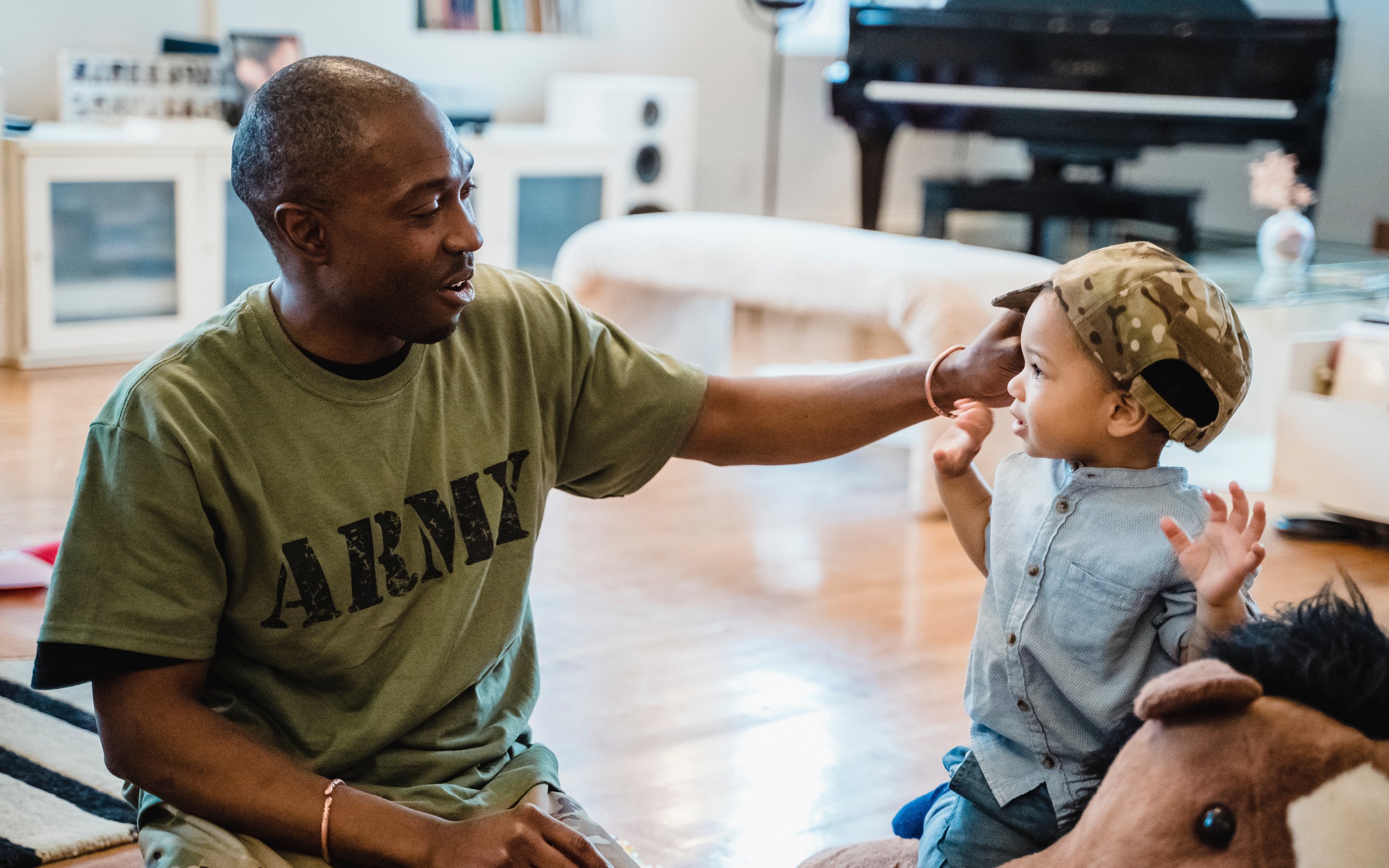Americans all owe our veterans a tremendous debt. No matter the nature of their service, all of our veterans showed immeasurable courage, patriotism, and dedication in the simple act of standing up to serve our country. They are all heroes, and hopefully they all know it. Yet, even the bravest among us are incapable of beating addiction alone. How does a hero find the strength and humility to ask for help beating alcoholism or drug abuse in addiction treatment for veterans? Sometimes, you have to surrender to win. Here’s how.
Step One: Get Honest with Yourself About Your Addiction
HOW does recovery begin? Honesty, openness, and willingness. Any attempt at addiction treatment will fail if you aren’t honest with yourself about your problem. It can be hard to do that, however, in the depths of addiction. Try taking a look at this checklist and see how many apply to your situation:
- Alcohol or drugs are often taken in larger amounts or over a longer period than was intended.
- There is an ongoing desire or unsuccessful efforts to cut down or control alcohol or drug use.
- A great deal of time is spent in activities necessary to get alcohol or drugs, use alcohol or drugs, or recover from their effects.
- Cravings, or a strong desire or urge to use alcohol or drugs.
- Frequent alcohol or drug use resulting in a failure to fulfill major responsibilities at work, school, or home.
- Continued alcohol or drug use despite having problems caused by the effects of alcohol or drugs.
- Important social, work, or leisure activities are given up or reduced because of alcohol or drug use.
- Recurrent alcohol or drug use in situations in which it is physically hazardous.
- Alcohol or drug use is continued despite having physical or psychological problems that are likely to have been caused or made worse by alcohol or drugs.
- An increasing need for more alcohol or drugs to achieve the desired effect.
- Withdrawal symptoms are experienced when alcohol or drug use is stopped or reduced.
How many of these can you answer “yes” to? A similar checklist exists in the DSM-V, a standard manual that doctors use to diagnose and treat disease. According to that guide, two to three symptoms indicates mild substance use disorder; four to five, moderate substance use disorder; and six or more, severe addiction. Only a medical professional can diagnose you, and this is not meant to be a real diagnostic tool. If you’re having trouble getting honest, though, it might give you clarity.
Step Two: Get Honest with Others About Your Addiction
Once you’re clear that you have a problem, you need help to find the solution. Choose someone in your life who is trustworthy and safe to share your secret. If you don’t have anyone like that who you can depend on, reach out to the professionals. At Owl’s Nest, each member of our admissions team has been through their own journey of recovery, so they know how it feels to ask for help. They’ll give you the experience, strength, and hope you need to make the next step and can even speak to your employer, family members, or colleagues on your behalf as needed to take the steps necessary for you to enter veterans addiction treatment.
If your family is trustworthy, simply start with a request for help. It’s not the time to defend yourself or ask for forgiveness. Getting clean and sober is the most important step you can take towards saving your life, your relationships, your job, and so much more. In many cases, your family will be thrilled to hear you’re finally ready to take action, and will walk by your side as you start to spread your wings in recovery.
Step Three: Prepare to Pay for Addiction Treatment
Owl’s Nest Recovery is proud to offer effective, affordable addiction treatment for veterans in South Carolina. We are in network with Tricare and VA Community Care as well as many private insurance companies. Simply verify your benefits online or reach out to our team, and we can walk you through your financial obligations and create a plan for you to get help.
Step Four: Just Do It
You don’t have to face addiction on your own — and you shouldn’t. Surrender to win, and ask for help. It could be the bravest thing that you ever do. Contact us to get started.

Comments